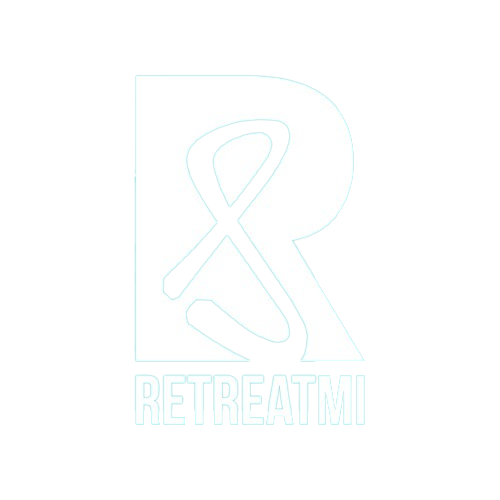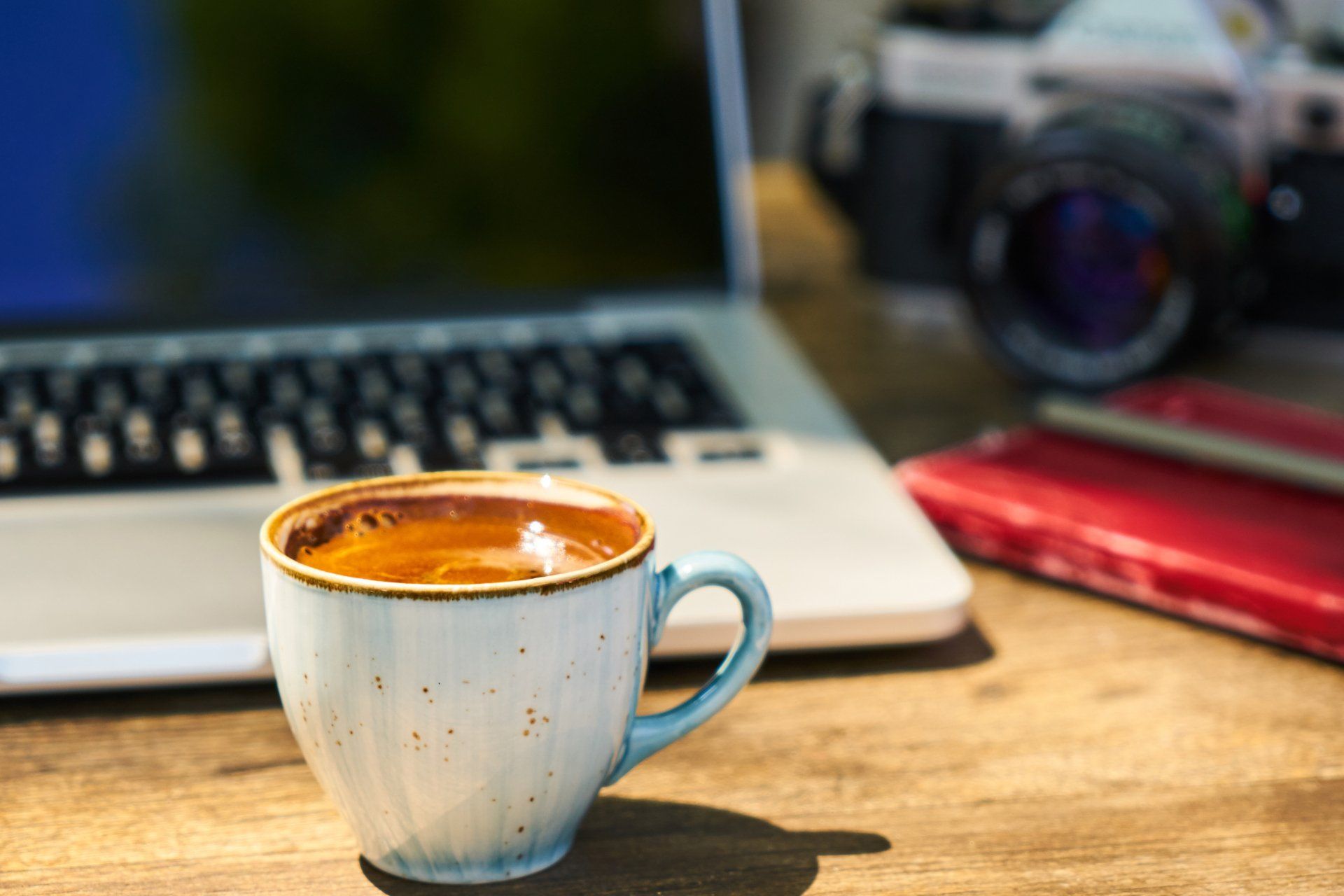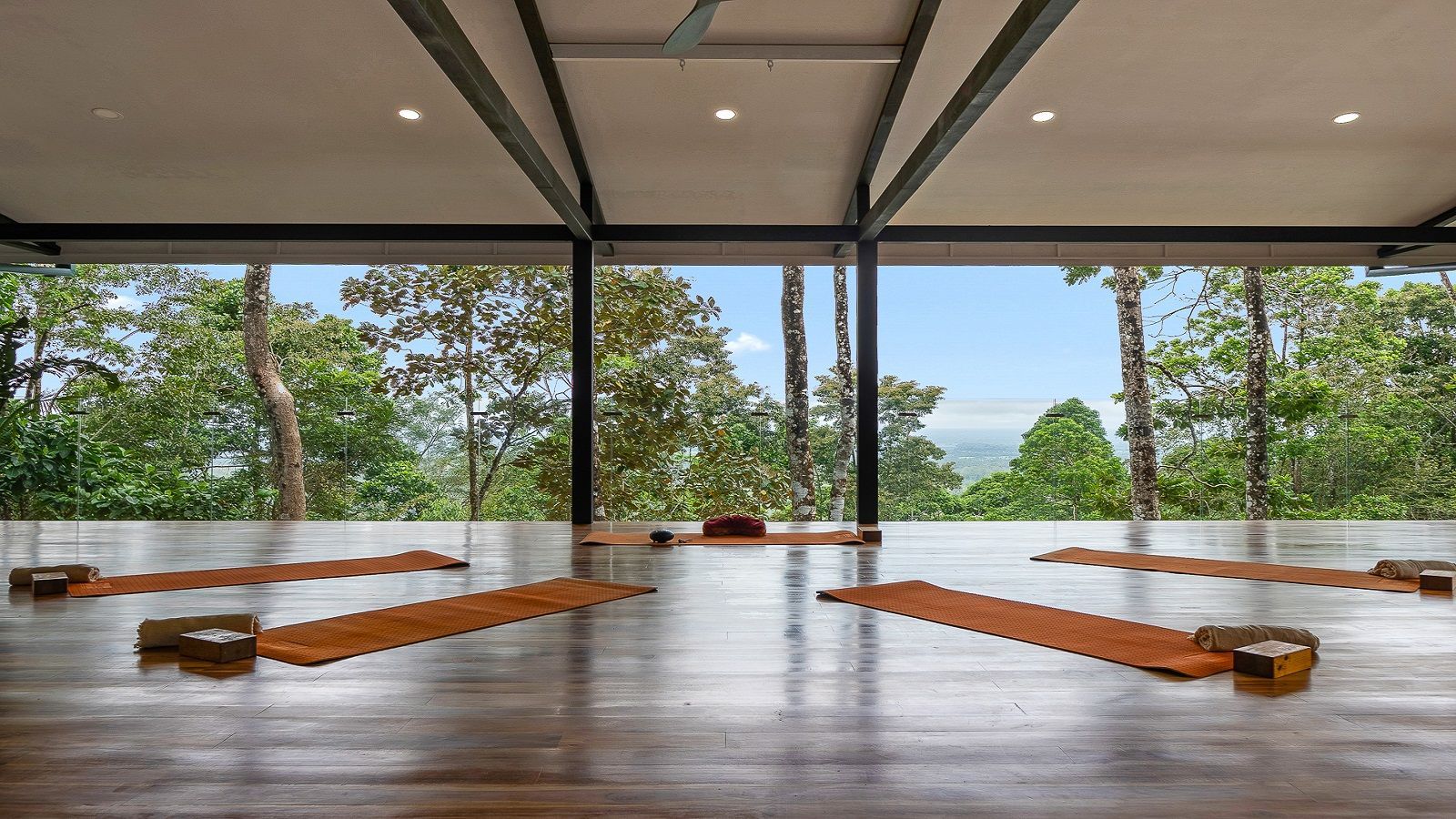Unplug to Reconnect: Top Indicators It's Time for a Digital Detox
In today’s era of digital saturation, the constant buzz of notifications and the ever-present glow of screens have become integral parts of our daily lives. Disconnecting can feel like a radical act—a quiet rebellion against the relentless pace of technology. Reflecting on my own experiences and countless conversations, it's clear that balancing our digital and real lives is a common struggle for many. The statistics are telling: over 60% of people feel their lives are disproportionately skewed toward the digital realm, and a staggering 90% would choose one meaningful friendship over a hundred online connections. This digital dilemma is not just a personal inconvenience; it’s reshaping our relationships, mental health, and overall well-being.
Sign #1: Physical Symptoms, Including Blurred Vision
Recognizing the need for a digital detox is the first step toward reclaiming your mental and physical well-being. Symptoms like blurred vision from prolonged screen time are early indicators that your body is signaling for a break. Spending hours staring at screens can strain your eyes, leading to discomfort and a decrease in your ability to focus.
Sign #2: Panic at the Thought of Being Without a Smartphone
Another clear sign is the panic that arises at the mere thought of being without your smartphone. This level of dependency on digital devices suggests a deep-rooted attachment that can trigger anxiety when the connection is severed, even briefly.
Imagine a family gathered around the dinner table, each member absorbed in their own device—a scene of disconnected connection. This scenario plays out in countless households, where half of couples admit to using their smartphones as a shield against engaging with their partner. Such moments underscore a poignant truth: our screens, once windows to the world, have become barriers that isolate us from it—and from each other.
Sign #3: Using Devices as a Barrier in Relationships
Our increasing reliance on screens has turned them into barriers in our personal relationships. When couples and families are physically together but mentally distant due to device use, it’s a sign that digital habits are interfering with real-life connections.
The digital world’s allure is undeniable, offering a universe of possibilities at our fingertips. Yet, this accessibility comes at a cost. Our reliance on screens for interaction has led to a paradoxical sense of isolation, fueling anxiety and a longing for a time before social media dominated human connection.
Sign #4: Feeling Isolated Despite Being Constantly Connected
If you find yourself feeling isolated and anxious, despite being constantly "connected," it might be time to step back and reassess your digital habits. The more we rely on screens for interaction, the more we might feel disconnected from the world around us.
Sign #5: Cognitive Impairment Linked to Digital Overuse ('Digital Dementia')
The phenomenon of 'digital dementia'—cognitive impairment linked to excessive digital device use—highlights the urgent need for intervention. Overuse of digital devices can lead to memory problems, difficulty concentrating, and a diminished ability to think clearly.
What was once considered a luxury, a digital detox has now become a necessity for many seeking refuge from the digital onslaught. Wellness retreats offer sanctuaries for those wishing to unplug and reconnect with themselves and the world around them. These retreats serve as bastions of tranquility, where one can engage in introspection away from the relentless demands of digital devices.
Among the myriad options for those considering a digital detox, certain retreats stand out for their commitment to fostering holistic well-being. RetreatMi, for instance, offers a range of retreats tailored to diverse needs and preferences. Whether it’s a peaceful escape into nature or a structured program designed to break unhealthy habits, these retreats provide a path to a more balanced and mindful existence.
Choosing to disconnect, even temporarily, can be transformative. It offers an opportunity to rediscover the joys of direct experience and fully engage with the world and its inhabitants. A digital detox is not merely about switching off our devices; it’s about turning towards life in all its imperfections and splendor. It’s a journey back to the essence of connection, reminding us of the richness of the world beyond our screens.
In exploring digital detox options, the allure of such retreats lies not only in their promise of disconnection but in the invitation to reconnect on a deeper level. These spaces offer a chance to reset and reflect on our digital habits and their impact on our lives. They challenge us to consider what we miss when we’re overly absorbed in the digital world and to rediscover the value of presence, mindfulness, and genuine connection.
As we navigate the complexities of the digital age, the quest for balance becomes a personal and collective imperative. A digital detox, whether through a dedicated retreat or mindful daily practices, is a step toward reclaiming control over our digital lives. It’s an acknowledgment that, while technology enriches our lives in countless ways, it’s in the moments of disconnection that we often find our most genuine connections—to ourselves, to others, and to the world at large.






